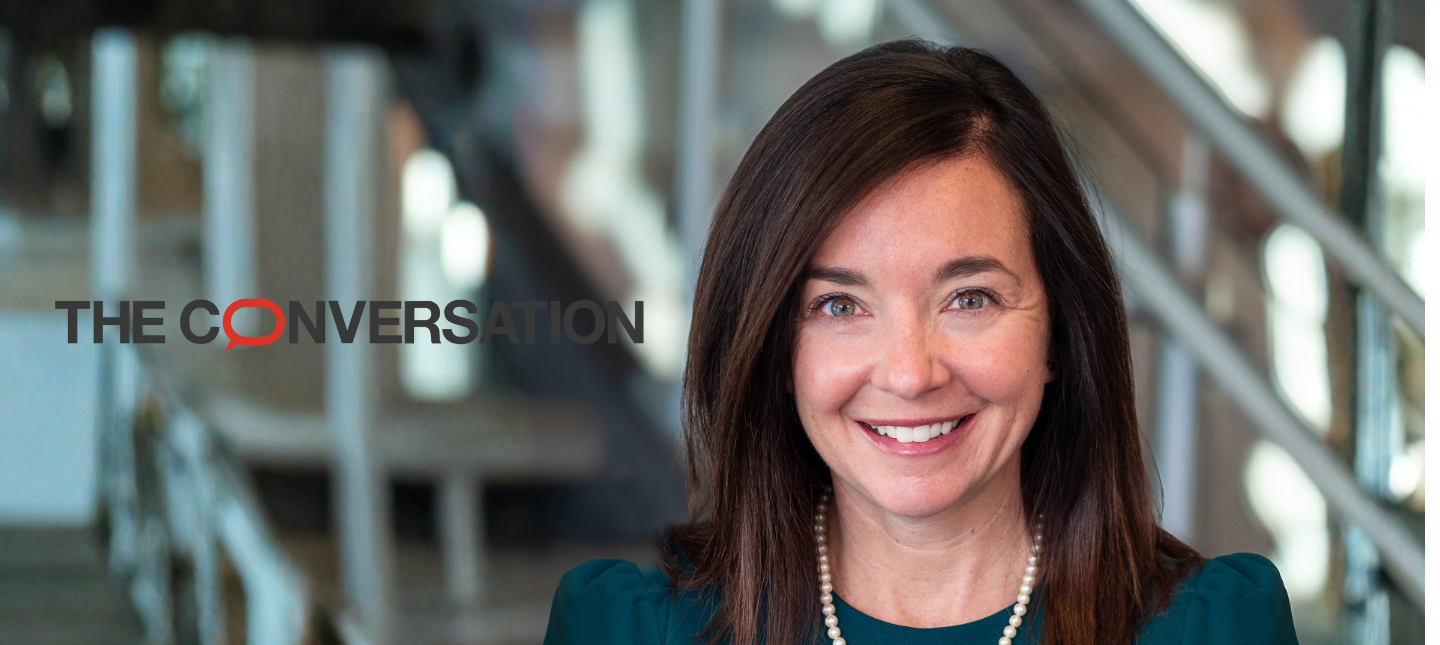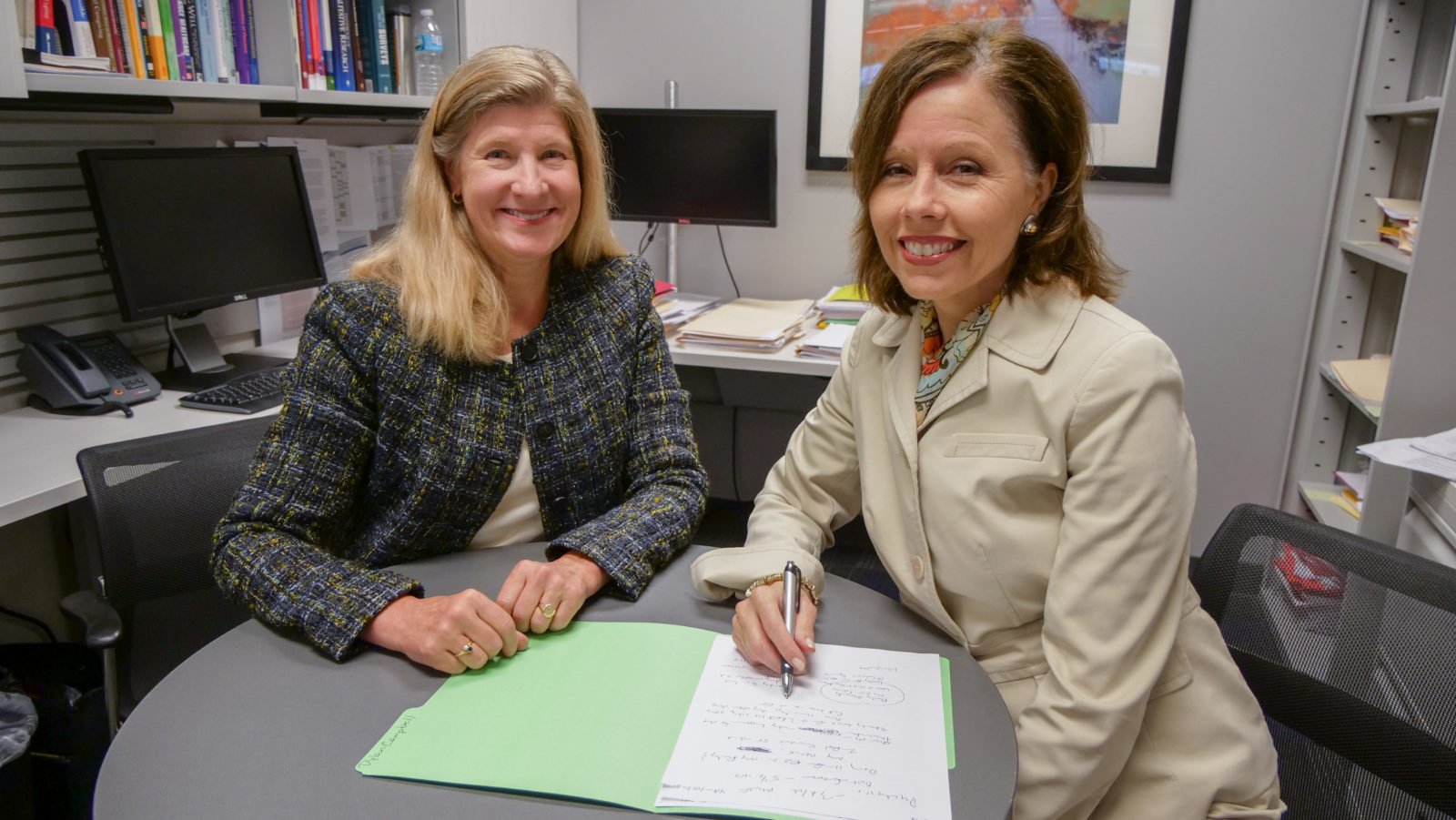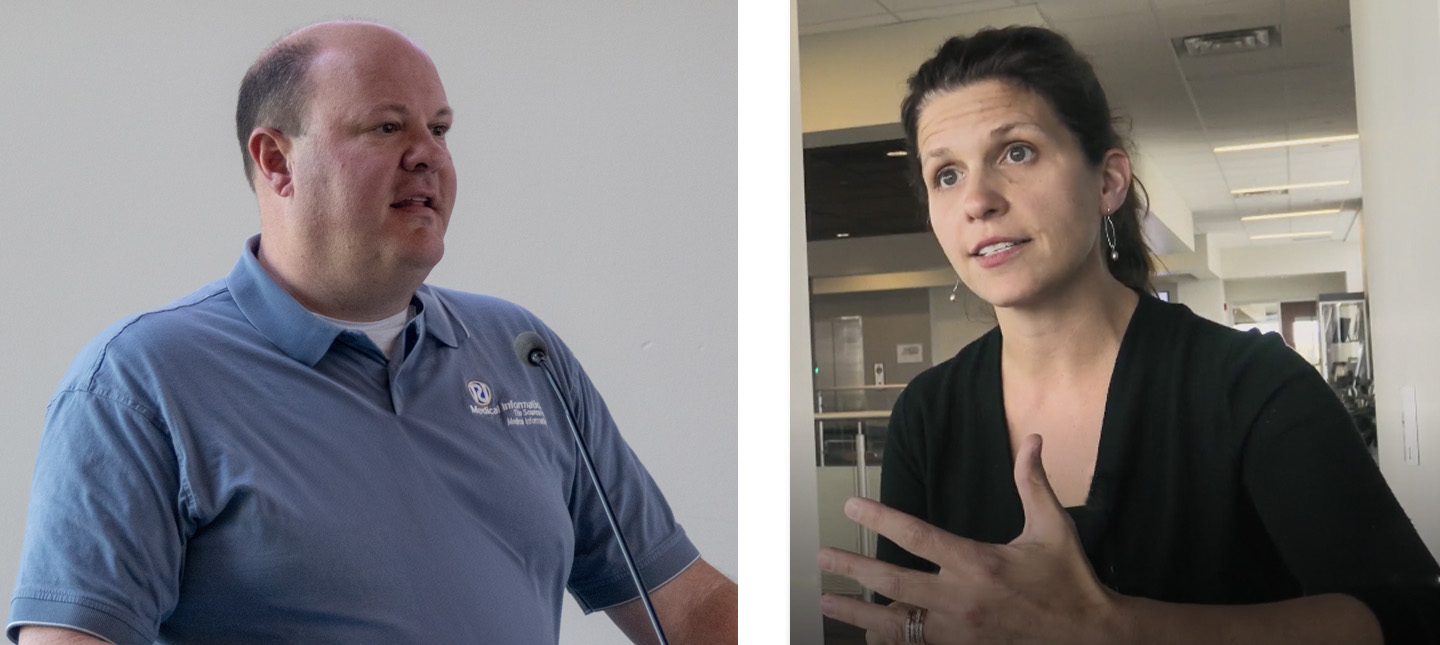Thinking about death and discussing emotionally challenging topics such as end-of-life preparations are difficult for most people. Patients with advanced cancer and their family caregivers face especially challenging physical and psychological experiences as they navigate a terminal disease and accompanying treatments.
A pilot study from the Regenstrief Institute and Indiana University School of Medicine explores whether mindfulness, the psychological process of bringing one’s attention to experiences occurring in the present, can enhance the ability of patients and families to consider and discuss emotionally challenging topics — such as end-of-life preparations — and support timely advance care planning.
Twelve patient-family caregiver pairs participated in a pilot study of Mindfully Optimizing Delivery of End-of-Life (MODEL) Care, which combines mindfulness meditation, mindful communication practices, and information about advance care planning. MODEL Care focuses on emotional and communication capacities to enable patients and their family caregivers to respond to the experience of living with advanced cancer and to talk about the disease and future care preferences with greater ease.
MODEL Care’s six weekly two-hour sessions plus home practices include several mindfulness meditation practices, including body scan (awareness of breathing and body sensations), gentle yoga, and loving kindness practice.
In the pilot study, led by study senior author Regenstrief Institute investigator Shelley A. Johns, PsyD, MODEL Care successfully supported patients and their family caregivers in thinking about and then talking about the care they would want to receive if they become unable to speak for themselves, enhancing their ability to respond to emotional challenges, and decreasing barriers to end-of-life planning according to pilot study corresponding author Ann H. Cottingham, MA, MAR, who is affiliated with the Regenstrief Institute and IU Center for Health Services and Outcomes Research. She is a health services researcher with a background in theology and ethics.
“We found that MODEL Care improved ability to cope, lowered emotional reactivity and enhanced ability to respond to issues that incited emotion,” said Cottingham. “It strengthened the patient-caregiver relationship and communication with each other. MODEL Care also improved both patient and family caregiver communication with the physicians caring for the patient.”
One patient described embracing “the importance of loving yourself and generating acceptance for the new person I’ve become as my skills, stamina, and mental abilities diminish.” Patients also reported that mindfulness practices helped them to respond to the physical challenges of their disease and treatment. Patients noted that the practices enabled them to cope more effectively with the symptoms
of their disease allowing them to “meet the pain differently so it doesn’t consume me.”
Caregivers reported changes in their loved one’s ability to cope with their disease following the mindfulness sessions. One caregiver shared, “…seems to be much calmer regarding his diagnosis and fear of death [following the MODEL Care sessions].” Another caregiver observed a change in both the patient’s attitude and ability to manage physical pain after participating in the mindfulness intervention: “[MODEL Care] really made her a much more positive person…it’s helped her get through the pain issues she’s had…”
Caregivers also reported benefits to themselves including finding “peace” and an increased ability to “cope with the stress of cancer.”
“I have seen too many times over the past two decades the tragic effects of patients and caregivers not having timely conversations about goals of care and end-of-life preferences,” said Dr. Johns, a clinical psychologist and health services researcher. “These conversations are often delayed until there is a medical emergency and patients are too ill to make complex decisions. Family members then struggle to know what their loved one would want. Quality of life of both patients and caregivers is enhanced when both parties have the ability and willingness to have these conversations while the patient feels well enough to express their preferences for the types of treatment they would or would not want.
“People need to be able to convey their wishes and to be respected for what they want their end of life to be like. Existing advance care planning programs do not directly address emotional barriers to having these conversations and making advance care decisions. We support patients and their family caregivers in developing mindfulness skills to approach and actually do both with greater ease.”
Dr. Johns notes that “future research could build on the findings of this pilot to explore in depth the relationship among mindfulness practice, ability to communicate mindfully about advanced disease care preferences, ease with which patients and caregivers engage in these sensitive conversations, and concordance between expressed care preferences and treatments received.”
“Addressing Personal Barriers to Advance Care Planning: Qualitative Investigation of a Mindfulness-based Intervention for Adults with Cancer and Their Family Caregivers” is published in the peer reviewed journal Palliative & Supportive Care. Authors in addition to Cottingham and Dr. Johns are Kathleen Beck-Coon, MD of IU School of Medicine and IU School of Nursing; Jennifer K. Bernat, PhD, IU School of Nursing; Paul R. Helft, MD, IU School of Medicine and IU Melvin and Bren Simon Cancer Center; Karen Schmidt, MS, RN, IU School of Medicine; Cleveland G. Shields, PhD, Purdue University; and Alexia M. Torke, MD, MS, Regenstrief Institute, IU Center for Aging, and IU School of Medicine.
This work was funded by the Walther Cancer Foundation.









